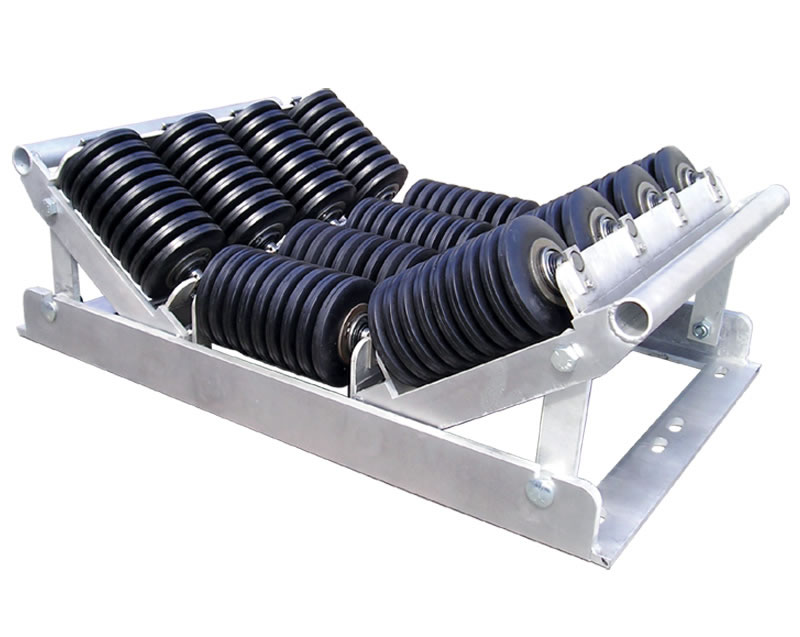Conveyor rollers are an essential part of conveyor systems in a wide range of warehouses, distribution centres, manufacturing facilities, print works, and basically anywhere that has to deliver products from one place to the following simply and also quickly.
Typical conveyor rollers have a rubber outer that aids with grip and also assists to carry things such as boxes, dog crates, and also parcels without the need for human or mechanical support. Nevertheless, in some instances, smoother plastic rollers are chosen.

Why would certainly that hold true? Surely the rubber-coated rollers are more effective at moving goods from A to B, so why would you utilize a material that is inherently smooth and also slippery? In this write-up we have a look at why, in some conveyor systems, plastic rollers are preferred over their more ubiquitous rubber relatives. Let’s start:
Food Industry Conveyor Rollers
Plastic conveyor rollers are regularly made use of in factories where food is being moved around, as well as the reason is obvious when you think about it. Food preparation centres should be spotlessly clean and the old rubber rollers just present too much of a wellness threat thanks to their capacity to hold on to any impurities that could come into contact with them.
You’ll find 1,000’s of web sites with info in relation to ‘Conveyor Belt Rollers’ this is definitely perhaps one ofthe best ones driven rollers.
Plastic rollers on the other hand are less most likely to come to be engrained with international bodies and they can be cleansed far less complicated compared to the rubber rollers discovered elsewhere. Actually, plastic roller systems can be hosed down and also on-line in a matter of minutes– vitally important in substantial storage facilities with a continuous 24-hour company in place.
Conveyor Rollers In Damp Locations
An additional use for plastic rollers is in locations that are regularly subjected to water. Places such as bottling factories where the bottles are cleaned and then
transferred along an assembly line may make use of the non-porous nature of plastic conveyor rollers.
Conveyor Rollers In Damp Conditions
Similar to the wet areas, damp conditions too can negatively influence rubber conveyor rollers, triggering them to swell and head out of form over a time period. Specific factories call for humidity degrees to continue to be constant as well as in such conditions, plastic conveyor rollers will much surpass their rubber equivalents, making them the much more cost-efficient option for the factory proprietor.
As you can see, plastic conveyor rollers have several uses in a selection of scenarios. While they may not be as commonplace as rubber rollers, plastic rollers certainly have a roll (pun intended) to play in a variety of different sectors and scenarios.